Magda Bou Dagher Kharrat
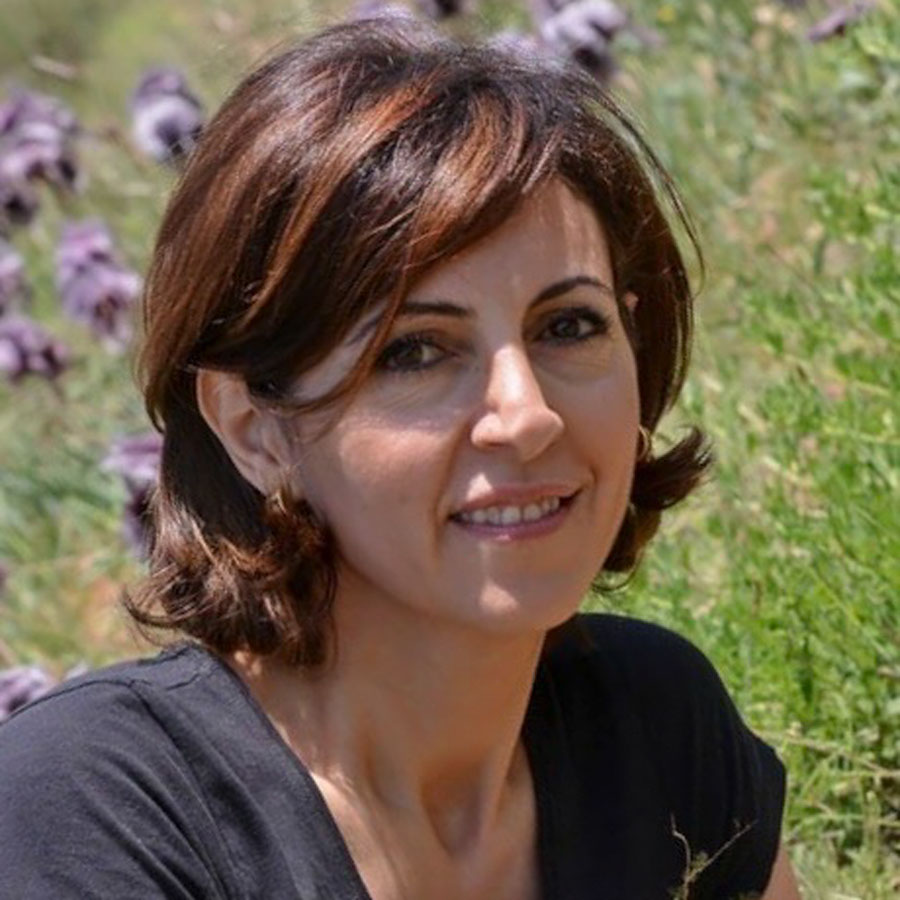
Magda Bou Dagher Kharrat is a principal scientist at the Mediterranean Facility of the European Forest Institute. Before joining EFI in 2022, Magda started her career at Saint Joseph University of Beirut. As full professor, she chaired the Life and Earth Science Department and was the director of the Laboratory of Biodiversity and Functional Genomics. She also co-founded and managed an NGO versed in forest ecosystem restoration.
Magda holds a PhD degree in Plant genetics from La Sorbonne University-Paris.
She is a National Geographic explorer since 2019. Her main research interests are in the fields of conservation and valorisation of Mediterranean Natural and cultural heritages and Mediterranean forests resilience.
Zdenko Bogović
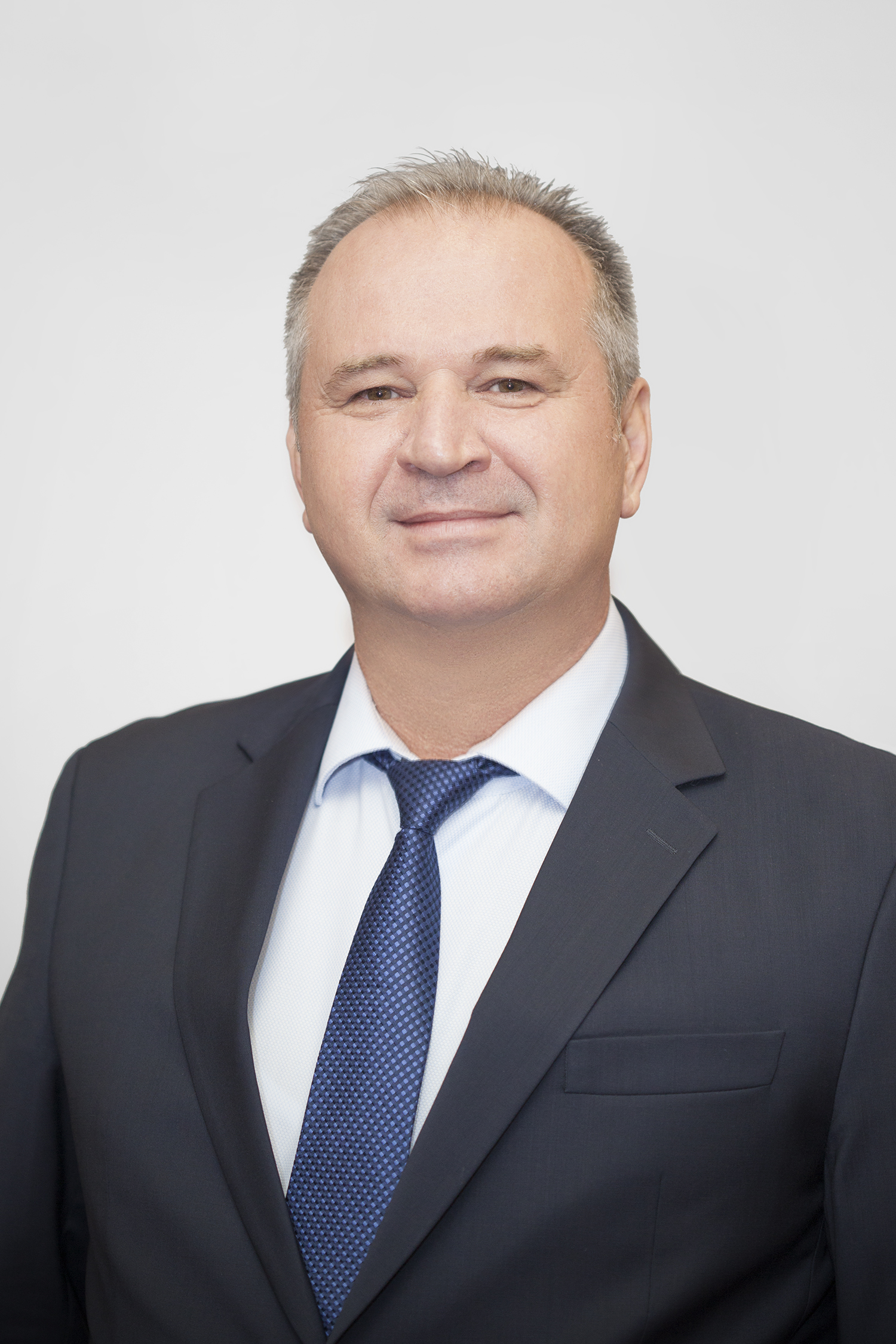
MSc Zdenko Bogović, B.Sc. forestry, was born in 1963 in Vinkovci. He graduated at the Faculty of Forestry, University of Zagreb in 1988, and gained his first work experience as an employee of the Institute for Adriatic Cultures in Split, during which he completed a postgraduate scientific study in forest management at the University of Crete in Chania (Greece). After that, he was employed in the private sector in professional forest management jobs. At the time of the economic crisis, he decided to take an independent entrepreneurial step and founded a consulting business in forestry that deals with forest management, management of forest properties and non-timber forest products. His experience in managing and assessing forests, connects him with private owners, and as a forest owner himself, he becomes active in representing the interests of forest owners. Thus, in 2012, he became the president of the Croatian Union of Private Forest Owners Associations (CUPFOA). During his tenure as president, CUPFOA was admitted to the umbrella Confederation of European Forest Owners (CEPF), and Zdenko Bogović also became a member of the CEPF Board of Directors. Since taking over the post of president, CUPFOA has become an indispensable stakeholder in the forestry sector, especially in the part related to the preparation and proposal of legislative frameworks. Through cooperation with CEPF, it advocates for the equalization of ownership rights (especially in the part related to private forests) with other developed EU member states, which would create conditions for the development of entrepreneurship and increase competitiveness towards the EU market in the forestry sector, and thereby preserving jobs and the population in rural areas.
Martina Đodan

Martina Đodan is a Senior Scientific Associate and Head of the Department of Silviculture at the Croatian Forest Research Institute. She holds a PhD in Forestry from the University of Zagreb, with specialisation in forest regeneration and restoration. Her research focuses on silviculture, forest reproductive material, and adaptive strategies in response to climate change. She has extensive experience in forest recovery following natural disturbances, including seedling production, and explores innovative approaches such as the use of non-native, noble, and rare tree species.
She actively participates in several international research programs and projects such as Horizon Europe, Interreg, LIFE, and is an active member of COST actions, often in leading or coordinating roles. She regularly contributes to knowledge transfer through national and international networks. Martina has been involved in various expert working groups and contributes to policy-relevant research in forest regeneration and climate adaptation.
She has authored and co-authored numerous scientific publications and collaborates widely across Europe on forest research and innovation. She is committed to strengthening the link between science and forest management practices, focusing on building resilient forest ecosystems for future generations.
She currently mentors three PhD students at the Croatian Forest Research Institute.
Giulia Dimonopoli
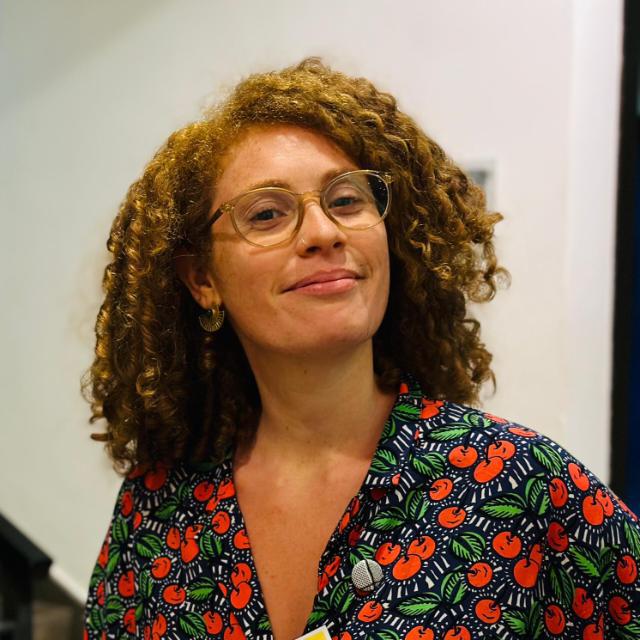
Ms. Dimonopoli is a young professional with extensive experience in social and civil affairs, particularly within the Euro-Mediterranean context. Currently, she holds the position of Youth Project Analyst at the Union for the Mediterranean (UfM) Secretariat, where she is responsible for overseeing UfM initiatives related to youth empowerment. Prior to her current role, she gained professional experience at the European Institute of the Mediterranean (IEMed), Confindustria Lombardia, and the Embassy of Italy in Cairo – among others. She holds a MA degree in International Relations and Diplomatic Affairs from the University of Bologna and is fluent in Italian, English, Spanish, and Arabic.
Branislava Dukić
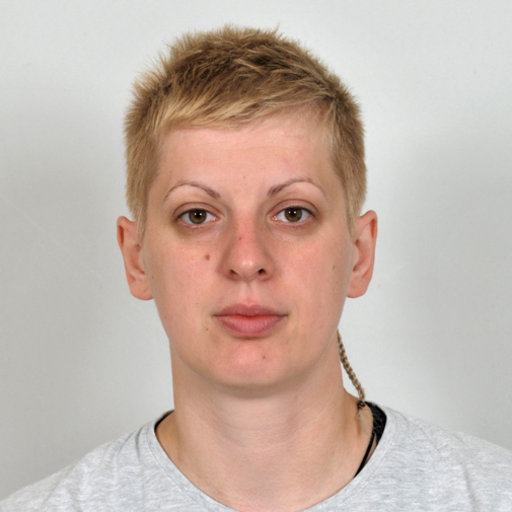
My name is Branislava Dukić, Master Forestry Engineer, employed at the Center for Environment in the Biodiversity and Protected Areas program. After completing basic forestry studies at the University of Banja Luka, I continued my education at the Faculty of Forestry at the University of Belgrade. Almost at the same time, I started working in the Public Enterprise Forest of the Republika Srpska, where I gained a rich experience in the practical sense in the field of forestry. During those 14 years, I worked on implementation projects both in the exploitation sector and in the field of forest protection. Along with my work in the Public Enterprise, I am actively involved in the study of the entomofauna of Bosnia and Herzegovina, primarily species from the Lepidoptera order. As a result of my scientific and research work in this field, I have published several scientific papers in domestic and foreign journals.
The desire to research and cultivate new knowledge connected me with the NGO organization Center for Environment, which has been actively working and operating in Bosnia and Herzegovina and beyond for 25 years. From 2023, I will be permanently employed at the Center.
Although fauna research gets most of my attention, the engineering side of my education has also awakened a desire to learn mapping and modeling technologies in software such as QGIS. I further enriched my understanding and understanding of the application of new technologies in forestry through projects such as GISSPASS, Forest Beyond Borders or the creation of Monitoring programs for certain species of great importance.
Huw James
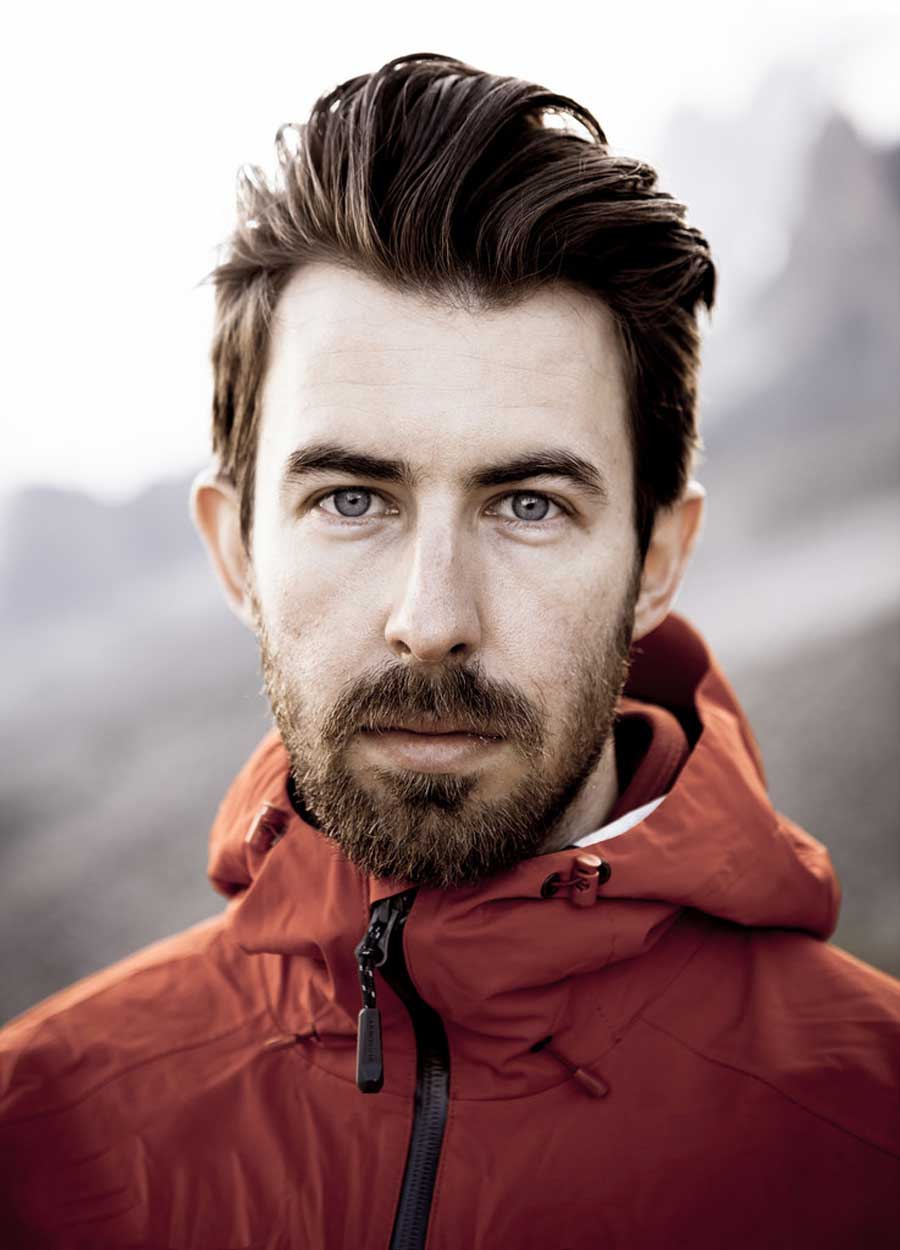
Huw James is a Welsh Scientist, Adventurer and Film Maker. He is a Fellow of the Royal Geographical and Royal Astronomical Societies and creates educational films and talks under his organisation Anturus.
Huw has been delivering live science shows for over 10 years. His audiences are over 750,000 people on 6 continents and over 2 million on TV and YouTube. His background in Astronomy and Geology has pushed him to explore the world on a variety of expeditions all for science.
His mission going forward is to inform a new generation of custodians for our natural world and everything that lives in it by tackling the big 3 problems of pollution, climate change and wildlife extinction.
Dinka Matošević
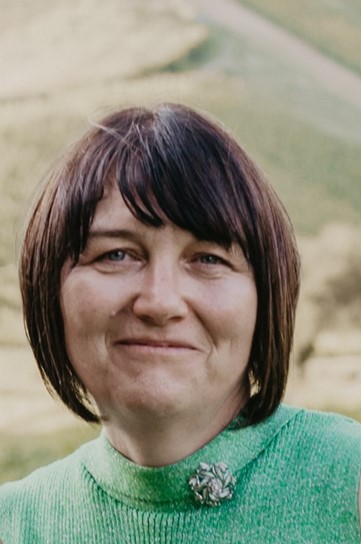
Dinka Matošević is a senior scientist at Croatian Forest Research Institute. She is head of Department for forest protection and game management. She is an entomologist, doing research in forest insect biology and ecology. She is also doing research with alien invasive insect species in forests, biological control of alien invasive species, biosecurity of urban trees, urban tree and urban forest health. She is leading Croatian diagnostic and prognostic service in forestry, and taking part in the National programme of monitoring quarantine forest pests. She has participated in various national and international scientific project, as leading scientist and as collaborator. She is member of EPPO panel for Quarantine Pests in Forestry and Panel on biological control agents. She is national and EU expert on invasive forest pests. She has been working in Croatian Forest Research Institute since 1991.
Mikoláš Martin
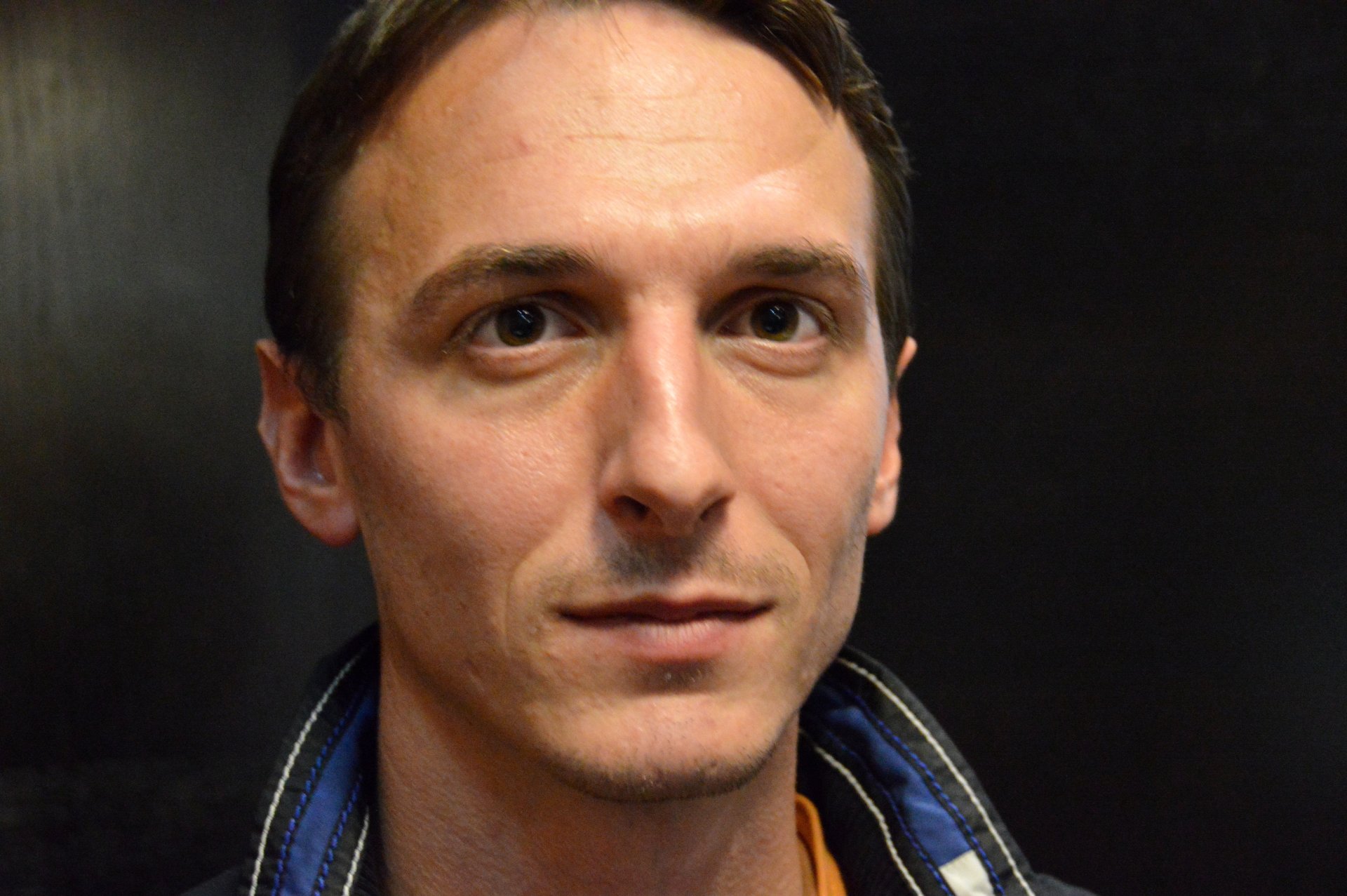
Martin Mikoláš holds a PhD in Silviculture and works as a researcher at the Faculty of Forestry and Wood Sciences, Czech University of Life Sciences in Prague. He is co-leader of the Forest Dynamics and Biodiversity Research Group and a founding member of the REMOTE network (https://www.remoteforests.org/), the largest dendroecological research network of permanent plots in primary temperate forests across Europe, including significant sites in the Dinarides. His research focuses on forest dynamics, conservation biology, multi-taxonomic diversity, carbon dynamics, and dendroecology. His work in primary forests not only advances scientific understanding but also contributes to their conservation, as repeated field visits have documented ongoing loss of these irreplaceable ecosystems. He currently leads a team of PhD students and postdoctoral researchers investigating biodiversity and carbon responses of primary forests to global change.
Bart Muys
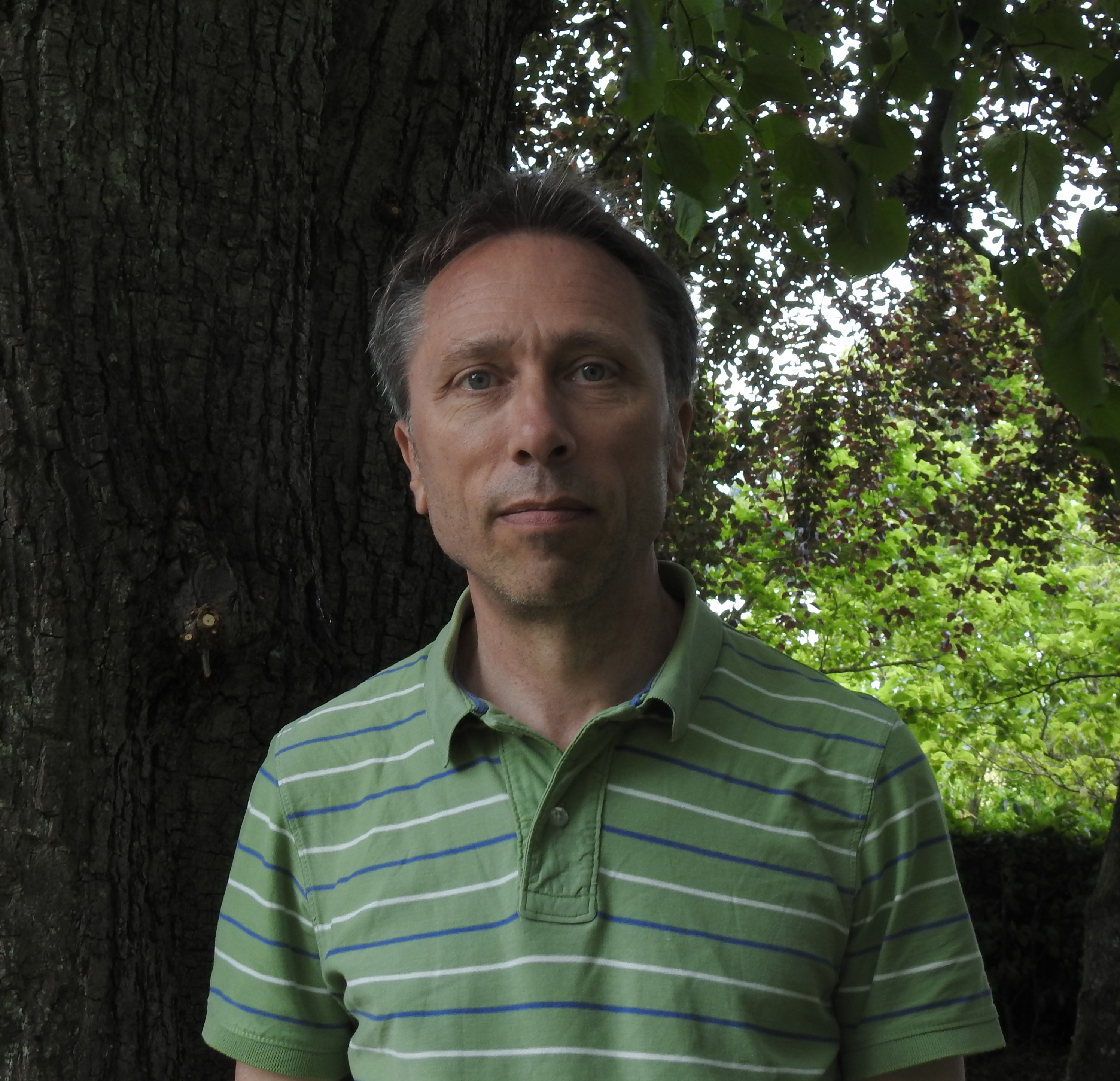
Bart Muys is a professor of forest ecology and management at KU Leuven (Belgium). His research focuses on the role of tree diversity for forest ecosystem functioning under climate change, on restoration ecology of dry forests, and on sustainability evaluation of forests and bioenergy systems.
At KU Leuven he is teaching forest ecology, silviculture, biodiversity & ecosystem services, and planning for forest and nature management. He is supervisor of 47 graduated and 15 ongoing PhDs. Several of the papers he co-authored have been highly cited, and in 2021 he featured in Reuters’ hot list of most influential climate scientists. He contributed to several science to policy reports of EFI addressing and linking biodiversity, climate mitigation, water and bioenergy issues. Being an earthworm expert and botany aficionado, he advocates an improved biodiversity literacy among forest professionals and public.
Bart Muys holds a master degree in agricultural engineering (forestry) and a PhD in forest ecology from the university of Ghent.
Helga Pülzl
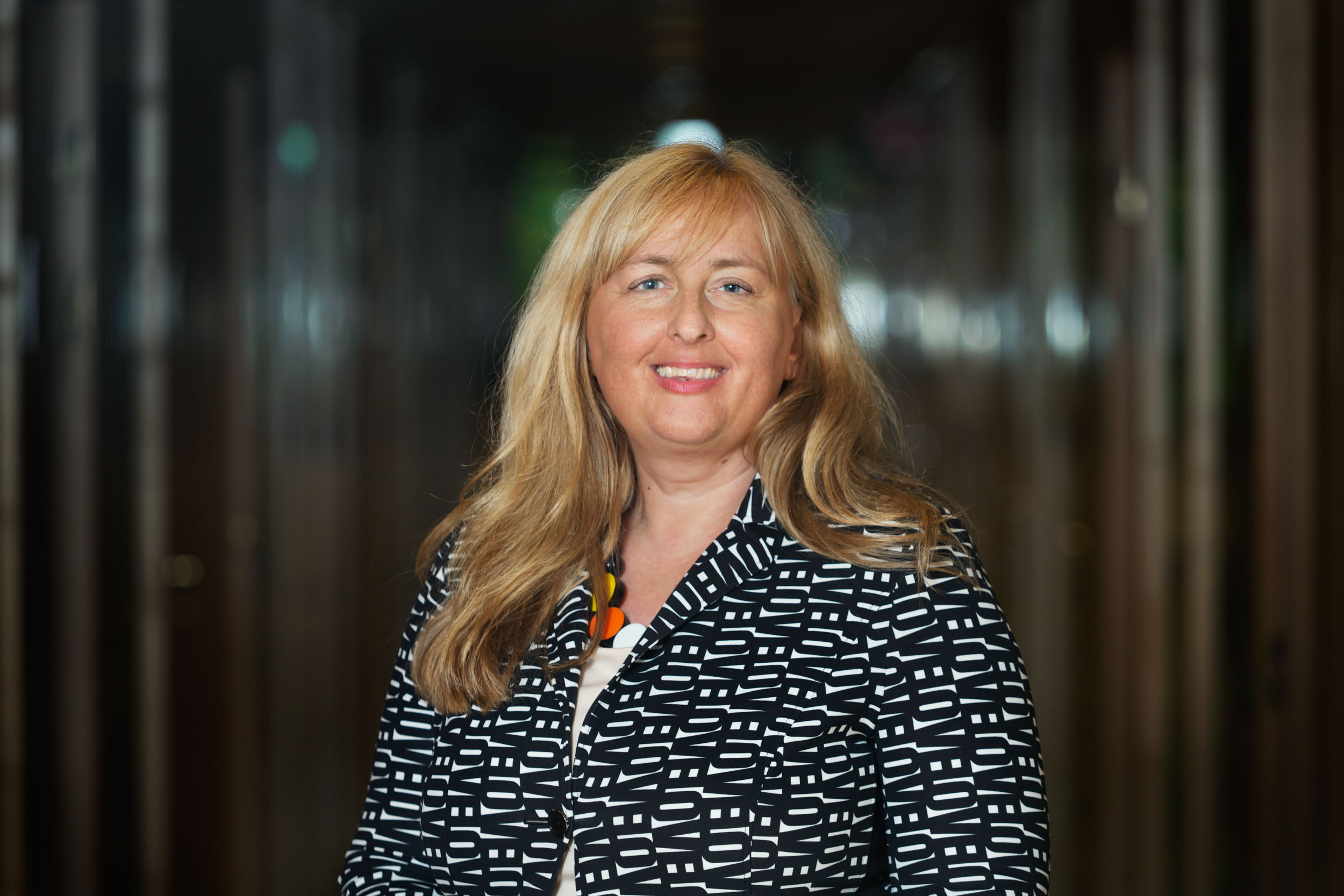
Helga Pülzl is Assistant Director for Policy Support of the European Forest Institute and responsible for the Policy Support Facility and its Trust Fund. Her main research interests are in European and international forest governance and policy change, bioeconomy perceptions and sustainability indicators development. She coordinates the IUFRO Working Party 9.05.01 on bioeconomy policy and holds a Phd and master’s degree in political science from the University of Vienna.
Satia Ras

Satia Ras is coordinating the Mediterranean Youth Task Force and was previously the communications coordinator. Satia holds a joint master’s degree in Mediterranean Forestry and Natural Resources Management and has studied Tropical Forestry in Indonesia. He has extensive experience working with youth and rural communities. Satia is also dedicated to environmental conservation, having been involved in preserving mangrove forests and Orangutan habitats in Indonesia. As a distinguished member of the Young Southeast Asia Leaders Initiative (YSEALI), he is committed to fostering positive change and leadership development. His expertise spans conservation, ecotourism, communication, and youth empowerment. Additionally, he volunteers his time and expertise to various non-profit organizations, promoting environmental awareness and sustainable development across ASEAN and Europe.
Lucia Rivera Lima
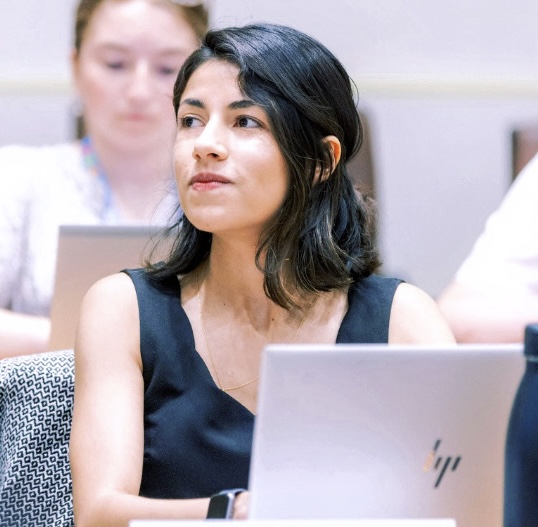
Lucia Rivera Lima is an anthropologist and sociologist with a master’s degree in development studies from the University of Paris 1 Panthéon-Sorbonne. With over seven years of experience, she has worked with international organizations such as Slow Food, IFAD, ILO, and FAO. Specializing in socioeconomic dimensions of agrifood systems—particularly of forestry and coffee—Lucia has worked extensively on youth employment and Indigenous Peoples’ rights. Currently, she also leads the knowledge management efforts within the Silva Mediterranea Secretariat of FAO. She is the co-founder of the Mediterranean Youth Task Force, which aims to facilitate youth engagement in the region’s forestry issues.
Todora Rogelja
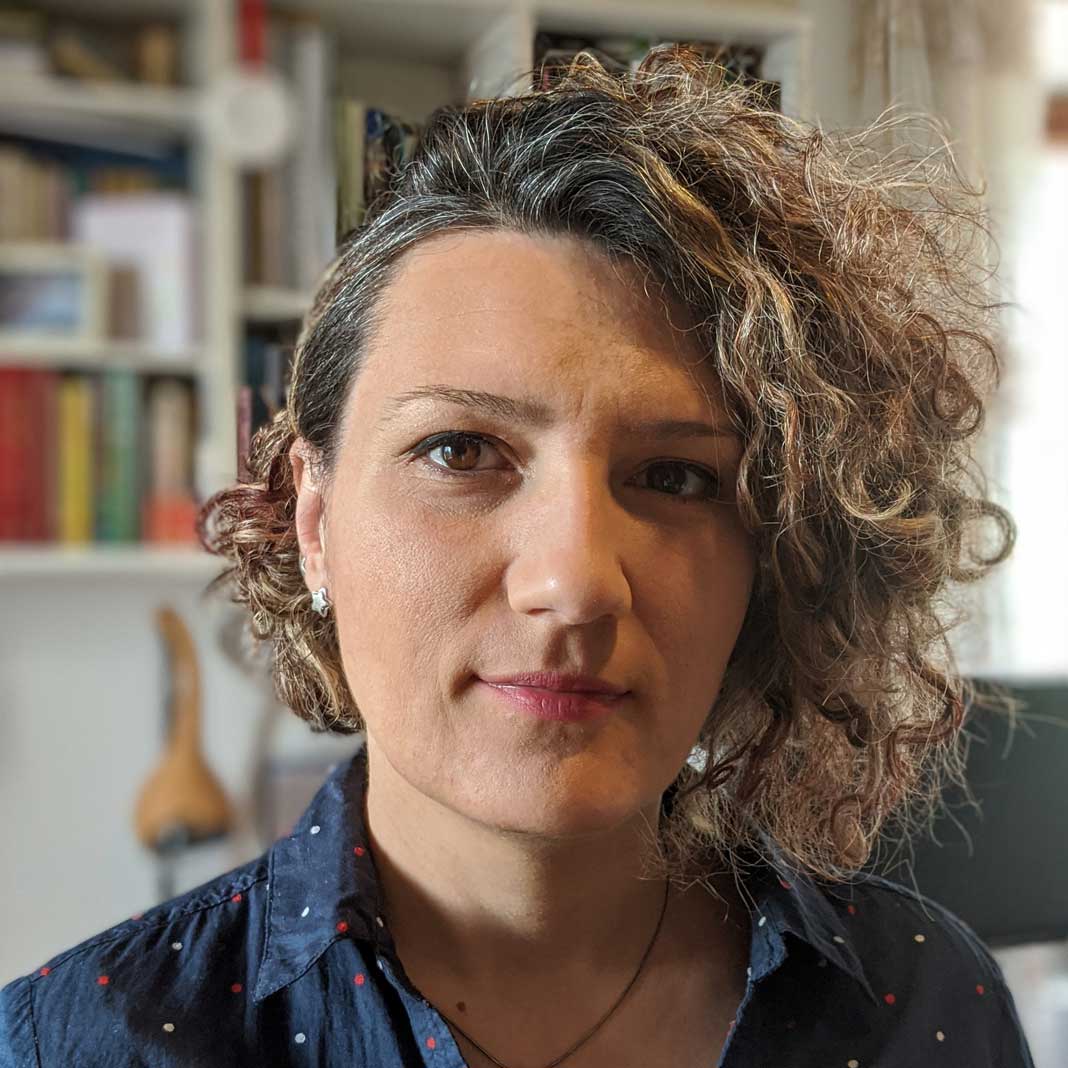
Todora Rogelja holds a PhD in Land, Environment, Resources and Health (LERH) from the University of Padova, Department of Land, Environment, Agriculture and Forestry (TESAF), and an M.Sc. in Forest Policy and Economics from the International FOPER Master Programme, awarded by the University of Belgrade. She works as a researcher at the University of Padova, TESAF Department, being currently engaged in several large European projects. Todora has more than 10 years of professional experience working on forest policy in governance, focusing on actors’ constellations, social innovation and policy analysis. She is currently leading the task on adaptations and innovations of forestry community within European Horizon project OptFORESTS (Harnessing Forest Genetic Resources for Increasing Options in the Face of Environmental and Societal Challenges). Todora is coordinator of ForGEDI IUFRO TaskForce, the deputy coordinator of IUFRO Research Group 4.05.05. on Social and Institutional Innovations and Entrepreneurship and a member of scientific board of Forest Monitor journal.
Silvio Schueler
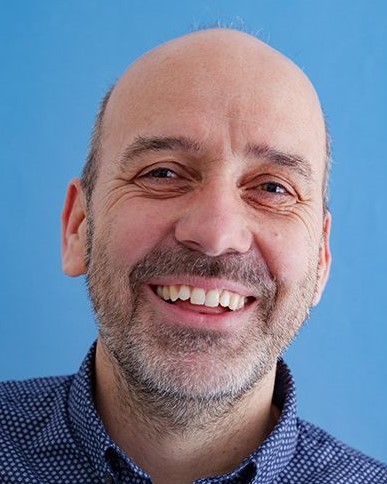
Silvio Schüler is head of the Department for Forest Growth, Silviculture and Genetics at the Austrian Research Centre for Forests (BFW) in Vienna since 2017. He and his team are responsible for developing strategies for sustainable forest management in Austria with regard to climate change and growing wood demand by considering forests genetic resources and biodiversity. Silvio coordinated several national and international projects on the utilization of forest genetic resources to adapt forests to climate change as well as on quantifying future forest ecosystem services and biodiversity. This includes, among others, studies on drought resistance in various tree species and on the potential of assisted migration to improve forest resilience. Silvio has initiated various decision support tools for forest and conservation practisioners and stakeholder such as www.herkunftsberatung.at or www.seed4forest.org.
Silvio is scientific adviser of the Nature Conservation Group BIOSA (www.biosa.at), an Austrian association of forest managers and owners that actively foster biodiversity within their management and takes care of around 3500 ha forest land being set-aside. In addition, Silvio Schueler is actively engaged in Science Communication to the forest community and the broader public. In this role, he has taken responsibility as managing director of the forest owner association ARGE Waldveredelung which aims at promoting mixed forest management and forest transformation. On international level, he serves as member of the scientific advisory board of the German Thünen Institute.
Srđan Stojnić
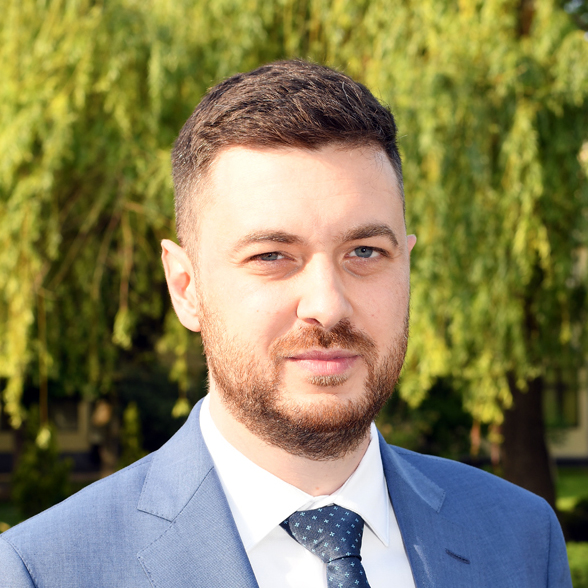
Dr. Srđan Stojnić has graduated from the Faculty of Forestry, University of Belgrade in 2008. In 2013, he defended his PhD thesis at the same faculty. He has been employed at the Institute of Lowland Forestry and Environment (Novi Sad, Serbia) since July 2008. He has been teaching courses for Ph.D. degree at the University of Novi Sad, Faculty of Agriculture since 2014. Srđan Stojnić has completed research fellowships at several European research institutions, including: Global Change Research Center - CzechGlobe (Czech Republic), Wageningen University (Netherlands), Mendel University, Faculty of Forestry and Wood Technology (Czech Republic), University of Bordeaux, Department of Sciences (France), Slovenian Forestry Institute (Slovenia), University of Molise, Department of Biosciences and Territory (Italy), Institute of Forest Ecology - Slovak Academy of Sciences (Slovakia), Institute of Mediterranean Forest Ecosystems (Greece), and University of Zagreb, Faculty of Forestry and Wood Technology (Croatia). Srđan Stojnić is author and co-author of 57 papers published in international peer-reviewed journals and 3 book chapters. He has been participating in numerous national and international research projects (e.g. FP7, HORIZON, IPA, Interreg Danube, COST).
Marjana Westergren
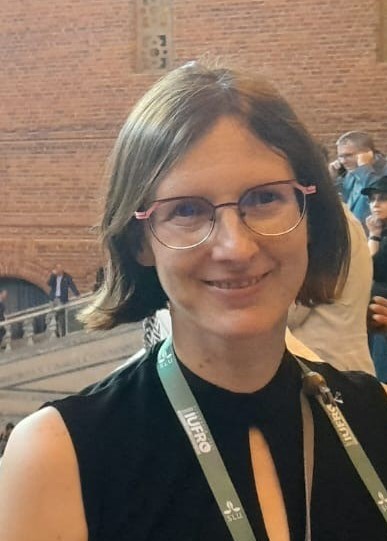
Marjana Westergren holds a PhD in Forest Sciences from the University of Ljubljana and works as a senior researcher at the Slovenian Forestry Institute in Ljubljana (Slovenia). She conducts applied research to support the conservation and sustainable use of forest genetic resources. Her work focuses on various topics in the general field of evolutionary biology, including the study of processes that explain the distribution of genetic diversity in forest trees, from gene flow to fine-scale spatial genetic structure, in the field of ecological genetics and genomics of local adaptation, and the development of a concept for forest genetic monitoring. She has published over 60 scientific and applied papers and book chapters. She also has a track record in coordinating international projects, e.g. Interreg Danube project REFOCuS, WP5 in H2020 project FORGENIUS, WP3 in HorizonEurope project OptFORESTS. She has active coordination functions in the international networks IUFRO, AFORGEN and EVOLTREE.
Nikola Zorić

Nikola Zorić (b. 1990, Jastrebarsko, Croatia) is a forestry expert at the Croatian Forest Research Institute. He holds a Master's degree in Silviculture and Forest Management with Game Management from the University of Zagreb.
Since 2015, Nikola has specialized in forest protection, with a strong focus on quarantine pest monitoring and invasive species. He actively contributes to European monitoring programs and uses UAVs for forest health assessment. His 2020 presentation at the European Commission and his 2024 workshop lecture highlight his expertise in UAV-based remote sensing.
As a PhD student, his research explores correlations between SPAD values and biophysical parameters in oak trees affected by oak lace bug, using UAVs with multispectral cameras, SPAD meters, and canopy sensors.
Nikola is skilled in image processing with software such as Agisoft and Pix4D and has published multiple scientific papers. He regularly attends international conferences and is fluent in English (C1) and German (B2).